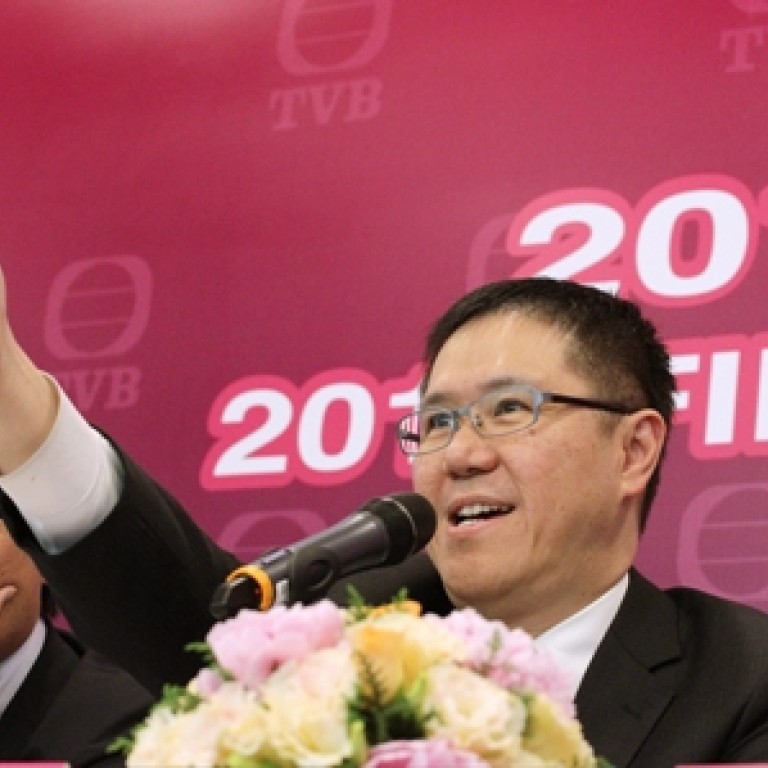
Sports chiefs chasing the wrong goal
It's news that every sports fan should welcome wholeheartedly. The European Court of Justice has ruled that World Cup soccer should be aired for free, not on pay television. The rules only apply within the 27-member bloc but should give authorities everywhere food for thought.
It's news that every sports fan should welcome wholeheartedly. The European Court of Justice has ruled that World Cup soccer should be aired for free, not on pay television. The rules only apply within the 27-member bloc but should give authorities everywhere food for thought.
The ruling ends a five-year battle during which world soccer's governing body Fifa and its European counterpart Uefa took action against Britain and Belgium which implemented rules forcing the competition to be shown on free-to-air television. The court ruled that the World Cup and European Championships generated enough interest even among those who do not follow that game closely that they should be available to everyone.
Fifa argues that the rule limits its ability to raise funds to develop the game globally. Understandable when you consider that World Cup-related revenue makes up 80 per cent of Fifa's income. Perhaps less so, when you consider the graft scandals that have engulfed the body over the years.
Money from television and corporate sponsorship has helped sport tremendously in recent decades. But it is also taking events further from the fans. And some would argue sports' governing bodies are getting too greedy.
The best seats in the stadium go to corporate fat cats. If you lack cable and choose not to watch illegal internet streams, you might have to go to the pub to watch Wimbledon tennis or test cricket.
Even hardcore fans raise howls of protest every time the rights for English Premier League soccer change hands between Hong Kong's big two pay-TV players.
At what point do the sports authorities sit back and look at the big picture? Television rights get more and more expensive and the cost ends up with the fans - although at least Hongkongers looking forward to next year's World Cup will see 22 games free after TVB grabbed the rights.
Sure, the money helps sports, but it also fuels the darker side of the game - the graft as seen in soccer and cricket in the past.
But more importantly, it closes the doors on those who love sport but can't pay. Should the authorities worry about building the fan base by making sport accessible, or continue milking loyal fans who are already hooked?

